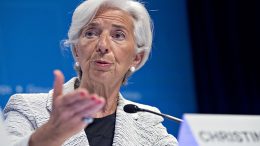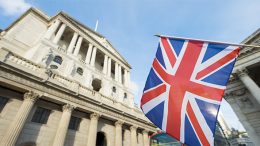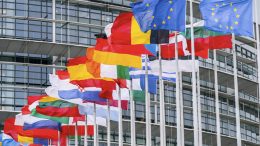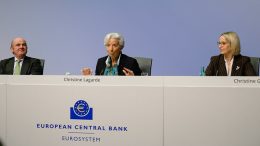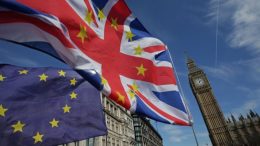Anti‑Crisis Euro Package: Not Good Enough
Nicola Mai (PIMCO) | With euro area output expected to drop by almost 10% this year, and unemployment and fiscal deficits to rise, an ample, blunt and well-coordinated response from European ministers was warranted. However, the new measures announced by finance ministers last week disappointed – again.



